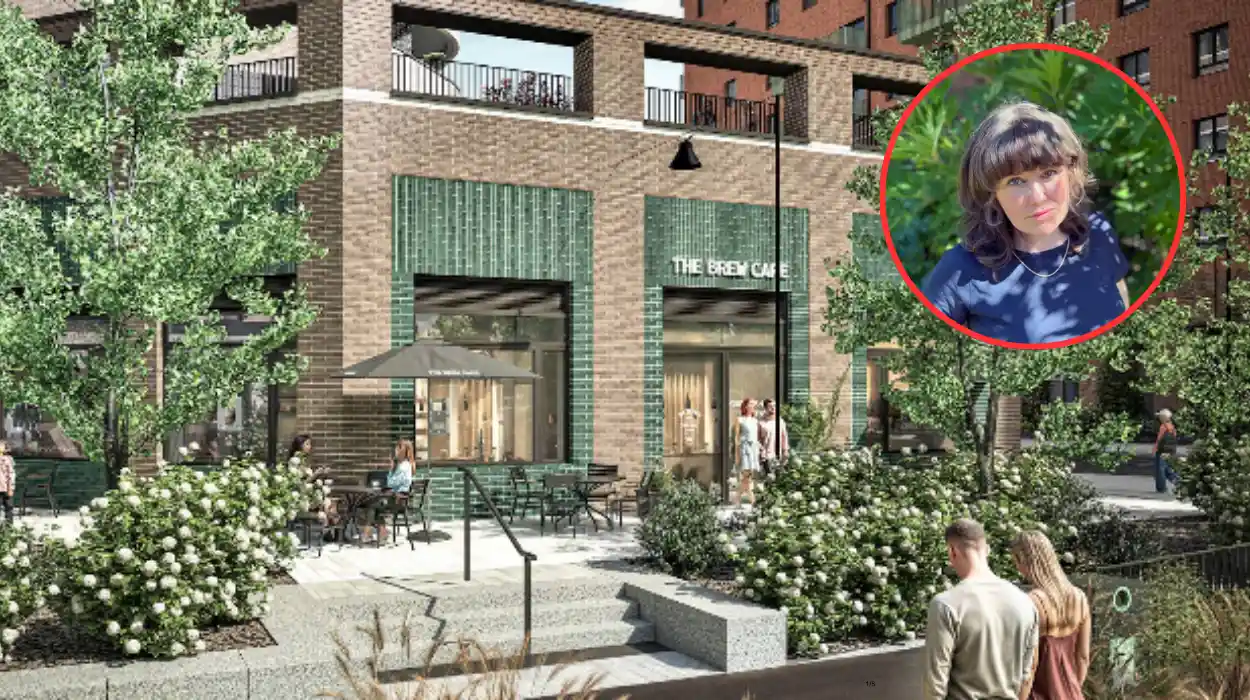Barking & Dagenham (Parliament Politics Magazine) – Dagenham Green will feature public artworks celebrating its industrial heritage on the former Ford stamping site, where over 3,500 homes are planned.
The pieces, which honor the region’s industrial heritage and its contribution to the fight for equal pay, were commissioned by artist Ruth Ewan.
The first piece will honor the women who participated in the 1968 and 1984 strikes by Ford sewing machinists.
Ms Ewan said:
“It’s an honour to be part of a project that recognises the importance of Dagenham’s social history – especially the incredible women who stood up for fair pay and equal working rights.
My aim is to create new works that convey this remarkable history and speak of its continued relevance to the present.”
Peabody and The Hill Group, who are responsible for the larger Barking & Dagenham Green development, are executing the project.
James McMylor, managing director for development in London North at Peabody, added:
“Dagenham Green is about more than new homes – it’s about creating a place with a strong sense of identity and belonging.
This series of artworks will honour the spirit of those who made Dagenham what it is today, especially the women whose courage helped change the world of work.”
What stories will the heritage trail reveal about Dagenham Green’s history?
The route will follow the site’s history and its connection to the riparian and natural environment of the River Thames.
It will honor Dagenham’s status as a center of contemporary manufacturing, paying special attention to the Ford Stamping and Tooling Plant that formerly stood on the property.
The women who led the historic 1968 and 1984 Ford sewing machinists’ strikes, which were crucial in the struggle for decent wages and working conditions, will be honored in a major story. The Equal Pay Act of 1970 was passed as a direct result of these strikes, making Dagenham a pivotal point in the history of women’s labor rights.
Along with exploring the site’s wider social work, the path will involve locals, particularly women, in its development as a participatory project.


